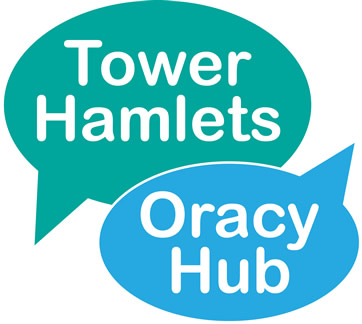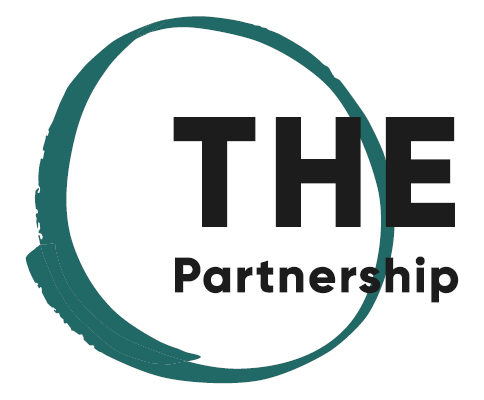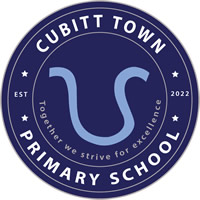Oracy and Remote Learning - February 2021
Oracy and Remote Learning
February 2021
Last Thursday we reconvened as a hub on Zoom for a final training session with Voice 21, looking specifically at oracy and remote learning. Having been thrust once again into online learning, we wanted to spend the twilight session sharing strategies for developing talk-rich remote classrooms.


It was immediately clear that the many challenges that this year has thrown up, have been met with innovation and creativity, to ensure that oracy remains a key part of blended learning approaches in Tower Hamlets. The progress that we have made as a borough in our approach to teaching oracy, with the expert guidance of Voice 21, was evident in how much of what we have established can be utilised for online learning. This is the case with discussion guidelines, scaffolds and protocols for talk, as well as the use of oracy sessions as a key AFL tool.
Simply ensuring that all children have an opportunity to use their voice each morning is ensured using icebreakers to accompany the register, be it ‘true-or-false’ questions at Marner Primary, a daily talk stimulus at John Scurr and Canon Barnett, or show-and-tell sessions at Elizabeth Selby Infants. More in-depth discussions on Google Classroom have also proved fruitful in many schools, with teachers feeding back on the value of the chat function to supplement verbal feedback, allowing for participation even in the face of frozen or stuttering videos. Furthermore, the Mote App has allowed for seamless individual verbal feedback. Apps like Padlet and Jamboard have also helped to collate ideas and frame discussions.
Guided reading sessions at Marion Richardson and elsewhere have been structured around talk roles, with children agreeing, disagreeing, building on and challenging each other’s opinions. Furthermore, teachers at a number of schools including Globe and Cubitt Town Infants have emphasised the importance of daily online story times, during which teachers can model a love of reading aloud. The performative side of talk is also being valued, with poetry performances at Arnhem Wharf taking inspiration from Amanda Gorman’s spectacular recital.
There have been attempts to embed oracy during this time within the broader culture of schools, with oracy learning celebrated through videos, and oracy stars of the month at Cubitt Town Juniors, as well as a new oracy section in the school newsletter at St Johns at Bethnal Green.
This is not to say that there are not additional barriers to talk in the absence of face-to-face teaching. Everything from technological nightmares to noisy living spaces, and reluctance to speak on camera, makes the teaching of key oracy skills even more challenging. However, it is clear that the teachers and schools working within our Hub are ensuring that talk remains a key part of the classroom, even if that classroom is confined to a screen!
Many thanks to Will, Harley and Natasha at Voice 21, who have skilfully guided us through the first part of our oracy journey. Given how disrupted this past year has been, it is a real testament to the quality of training, that oracy continues to play such a central role in many of our online classrooms. We look forward to the next year as we plan how to further embed expert practice and collaborate with new schools to ensure that more children in our borough are empowered to find their voice and use it with confidence!



Comments
No comments yet